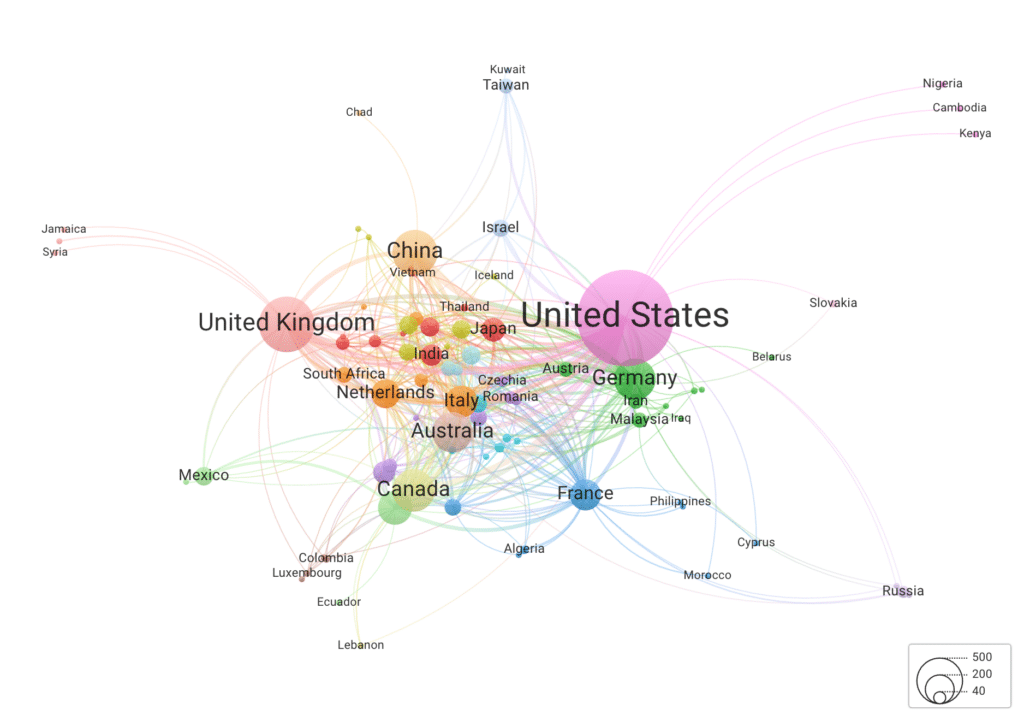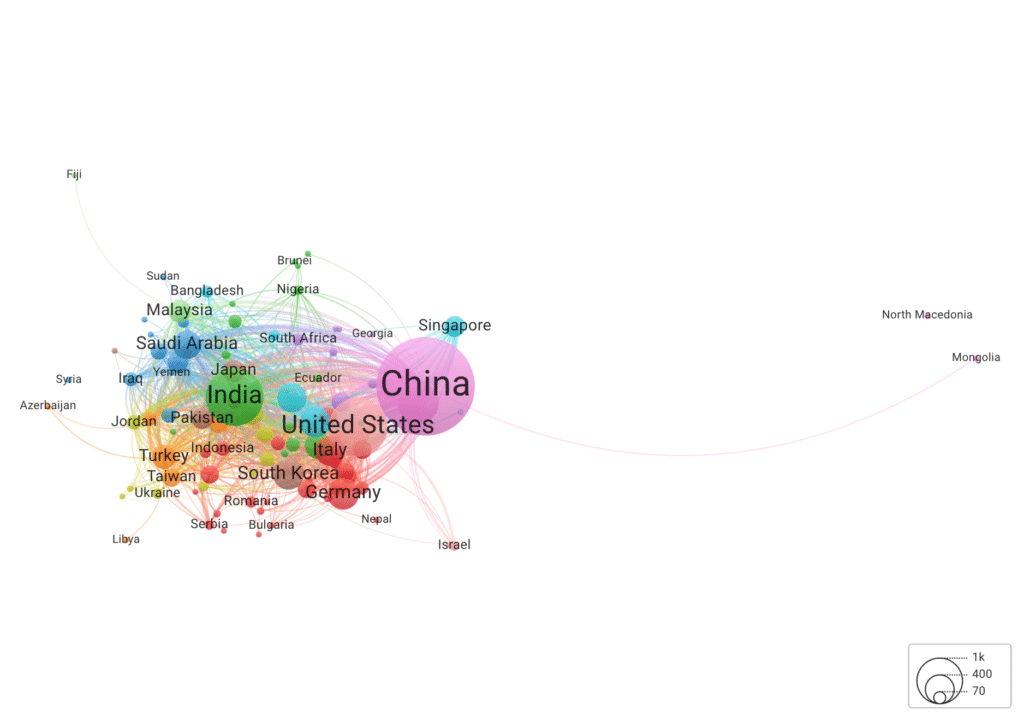
Racing Ahead: Why US Defense Must Boost
AI Investments to Compete with China
US defense agencies need to invest heavily in AI-embedded solutions to keep pace with China, according to leading AI technology firm Digital Science, emphasizing the urgent need for strategic partnerships with AI solution providers to ensure the US does not fall behind in the AI race.
Digital Science President Stephen Leicht highlights the rapid advancement and multifaceted uses of AI technology, underscoring the necessity for the US to act swiftly. “AI technology is advancing at a blistering pace. For US agencies, the key is to collaborate with AI providers to drive progress. Otherwise, we risk being left behind,” Leicht warns.
Leicht underlines this by pointing out a dramatic shift in global research outputs: “If I run an analysis of AI-related research outputs in 2023 or 2024 on Dimensions – whether it’s artificial intelligence, autonomous vehicles or related technologies – China consistently comes out on top. Ten years ago, this analysis always showed the US leading.”
“China is outpacing the world in AI output. US decision-makers should operate under the assumption that strategic competitors, especially China, may be doing these things better, investing more, and are currently ahead,” Leicht asserts.


For example, Fig. 1 shows global publication outputs in 2014 concerning artificial intelligence and autonomous vehicles according to Dimensions, with the US way out in front when you look at the network of publications on this topic, and China a distant third. However, fast forward 10 years and if you run the exact same analysis on 2024 (Fig. 2), China has more than double the number of publications of the US, and double the citations as well.
To assist governments, funders, and other stakeholders in the research space, Digital Science uses Dimensions—the world’s largest linked research database of publications, grants, clinical trials, and patents – which also offers private or custom instances that address special client needs such as security requirements and private data integration. The company excels in Retrieval-Augmented Generation (RAG), building large language models (LLMs), and utilizing LLMs for predictive analytics on client, internal and external data holdings. This comprehensive expertise in research intelligence positions Digital Science as a crucial partner for US defense agencies. A leader in the AI space, the company launched Dimensions Research GPT in February 2024.
“AI has vast applications, but it is not a one-size-fits-all solution. When responsibly applied, these technologies can significantly enhance capabilities, streamline workflows, and mobilize knowledge more effectively,” says Leicht.
“Common concerns about AI use in defense include practical issues like over-reliance, knowledge gaps, in-built biases, and potential job losses. Strategic and tactical concerns, such as the potential for deception or weaponization, are also significant. And there are real challenges in the pace of AI adoption and technological development by the US, especially as China’s research output has risen to be the global leader.”
Leicht believes autonomous systems, including AI-driven vehicles and drones, will fundamentally change military reconnaissance, surveillance, and combat operations. He adds: “Cybersecurity is another critical area. The great challenge lies in integration—our vast and powerful military infrastructure includes many legacy systems, making seamless integration a significant hurdle.”
It is clear that the US defense sector must prioritize AI investments and partnerships to remain competitive. As such, Digital Science stands ready to support these efforts with cutting-edge tools like Dimensions Research GPT and its extensive expertise in RAG, LLMs, predictive analytics, and research intelligence, driving forward the capabilities and efficiencies of tomorrow’s defense technologies.
(This is an updated version of an original article published by Executive Biz: https://executivebiz.com/2024/07/digital-science-president-stephen-leicht-dod-must-boost-ai-investments-to-compete-with-china/)



